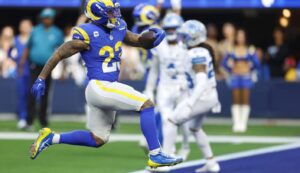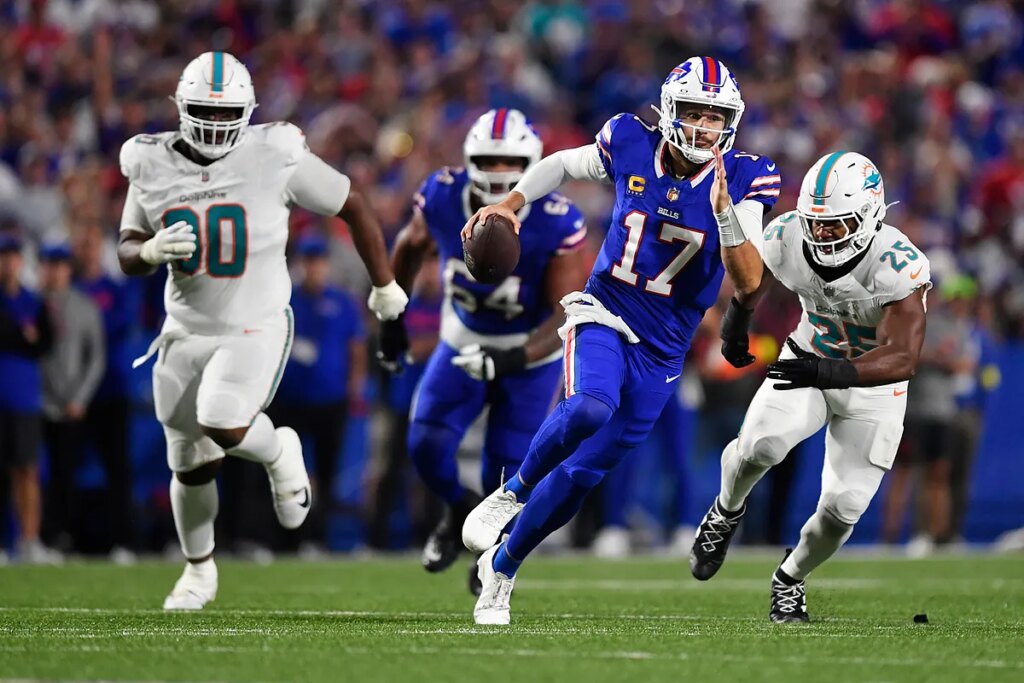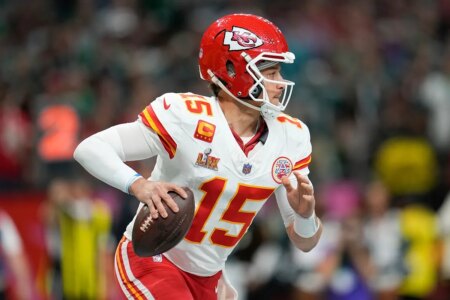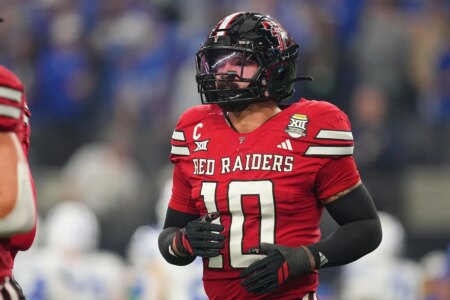Thursday night’s matchup between the Buffalo Bills and Miami Dolphins turned out to be far more competitive than many fans anticipated.
Buffalo entered the game as clear favorites, boasting one of the most dynamic offenses in the NFL. Yet, Miami pushed them to the limit in a game filled with intense moments and tight plays.
Central to the drama was Bills quarterback Josh Allen, who has arguably become the best player in football at this moment. After winning his first MVP award last season, Allen has continued to elevate his game. He recently surpassed Patrick Mahomes as the fastest quarterback in NFL history to reach 300 passing touchdowns.
Additionally, Allen set a unique milestone as the first quarterback to achieve at least 200 passing touchdowns and 50 rushing touchdowns, showcasing his dual-threat ability. With a flawless 3-0 start to the season and a big win over the Baltimore Ravens already in the books, the Bills look like serious contenders for an undefeated season.
Their upcoming games against top-tier teams like the Kansas City Chiefs, Tampa Bay Buccaneers, and Philadelphia Eagles will be held at home, giving Buffalo a slight edge in these challenging matchups.
Understanding the rules behind the kneel play
Despite the excitement surrounding the game, one moment near the end of the first half sparked debate and confusion. It involved Josh Allen fumbling the ball but quickly recovering it and then taking a knee – not once, but twice – before the officials blew the whistle. This sequence left many fans scratching their heads, unsure why the play was ruled the way it was.
Miami Dolphins head coach Mike McDaniel has voiced his intention to speak with NFL officials about the play, highlighting the gray area in the rulebook that governs these situations. McDaniel believes that the call impacted the flow of the game, and understandably wants clarity on the ruling.
However, the NFL rulebook is fairly clear in these scenarios, though not widely understood by casual fans. Once a player recovers a fumble and then clearly gives himself up, such as by taking a knee, the play is considered dead.
Allen’s actions fell within these guidelines, and as a quarterback, the league provides him extra protection in such situations. The NFL consistently prioritizes quarterback safety and possession rules, meaning the officials are unlikely to reverse or change the call on the field.
While McDaniel’s efforts to clarify the play make sense from a coaching perspective, it’s unlikely that the league will alter the outcome or the statistics from the game. These rules, though sometimes confusing, are designed to keep players safe and maintain consistent officiating.
Controversies like this one often highlight how nuanced NFL rules can be and remind fans that not every questionable call is a simple error. For now, the Bills continue their strong start to the season, with Josh Allen playing at an MVP level and leading the charge toward another promising year.
Read the full article here











